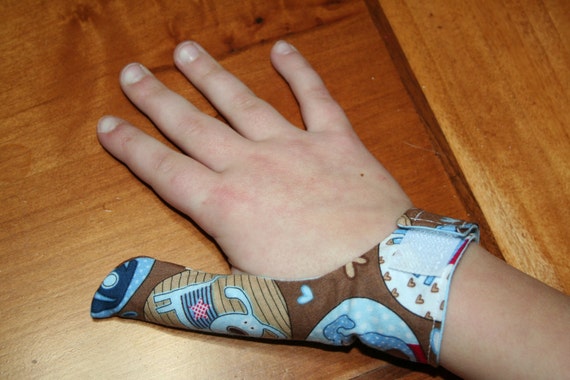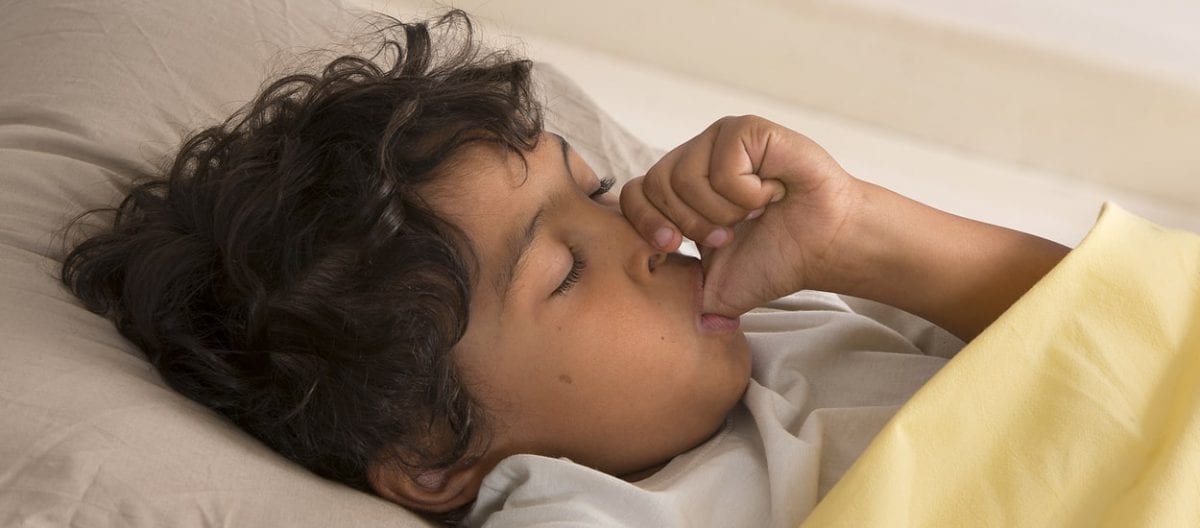Parents often worry about the effects of thumb sucking on their child. If the baby continues to feed after their teeth, it can cause "crooked" teeth and bite problems that affect milk and permanent teeth. Thumb sucking can cause problems with proper mouth growth and alignment of the teeth, causing the upper front teeth to tilt outward and the maxilla to narrow at the back.
The roof of the mouth can also detect changes based on this behavior, which in some cases requires intervention to ensure that the child is still able to chew properly. You can get more information on how to stop thumb sucking via https://www.amazon.co.uk/Age-2-7-Stop-Thumb-Sucking/dp/B00VQU2DZS.
:max_bytes(150000):strip_icc()/GettyImages-562610813-5a73d916c064710037dbc8ec.jpg)
Image Source: Google
Although some of these can be corrected with braces, they can also cause language problems such as a lisp that may need to be corrected during therapy. Below are some of the ways thumb sucking will affect your child's teeth.
Thumb-sucking can affect your child's teeth
How Thumb Sucking Affects Child Bites – Open bites are a common problem when it comes to thumb sucking. This occurs when the upper teeth do not cover the lower teeth when the child bites.
Language Problems – Thumb-sucking can cause language problems. Lisp is another problem children may face that is difficult to solve.
Tongue Pushing – If a child sucks his or her thumb for a long time, they can develop a second habit called tongue pushing. The child moves its tongue forward as they swallow and speak. Even if he stops sucking his thumb, the child will continue this habit, causing long-term speech problems, difficulty swallowing, and abnormal jaw development.


